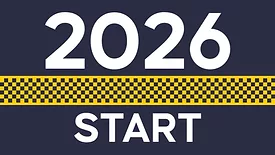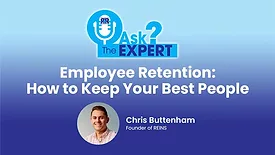Home » Keywords: » employee morale
Items Tagged with 'employee morale'
ARTICLES
Why February leadership behaviors determine whether your January goals will actually stick
Read More
How Video Games Can Improve Team Performance
A modern approach that helps you build morale, cohesion, and retention in your restoration business
Read More
Big Impact, Small Budget: Smart Ways to Engage Your Team
Creative, low-cost strategies to boost employee engagement and build a strong workplace culture
Read More
Ask the Expert
From Laborer to Leader: Jesús Miranda’s Restoration Journey
Jesús Miranda shares his rise in restoration, leadership lessons and the power of purpose-driven work
Read More
Is “Company Culture” Just a Buzzword at Your Restoration Business?
Culture isn’t a perk. It’s a business model restoration leaders can’t afford to ignore.
Read More
Your Most Valuable Asset Isn’t Equipment, It’s Your People
In our industry, our greatest asset isn’t our gear or equipment, it’s the people who power our businesses every day
Read More
Ask the Expert
Employee Retention: How to Keep Your Best People
Chris Buttenham shares real-world retention strategies you can implement in your business immediately
Read More
You Don’t Have a Performance Problem, You Have a Culture Problem
Why public criticism kills morale and how real leaders build trust behind closed doors
Read More
Prioritizing Mental Health During Catastrophe Seasons
Mental Health and Preparedness: Essential Tips for Fire and Hurricane Seasons
Read More
Stay ahead of the curve with our newsletters.
Get the latest industry updates tailored your way.
JOIN TODAY!Copyright ©2026. All Rights Reserved BNP Media.
Design, CMS, Hosting & Web Development :: ePublishing
















